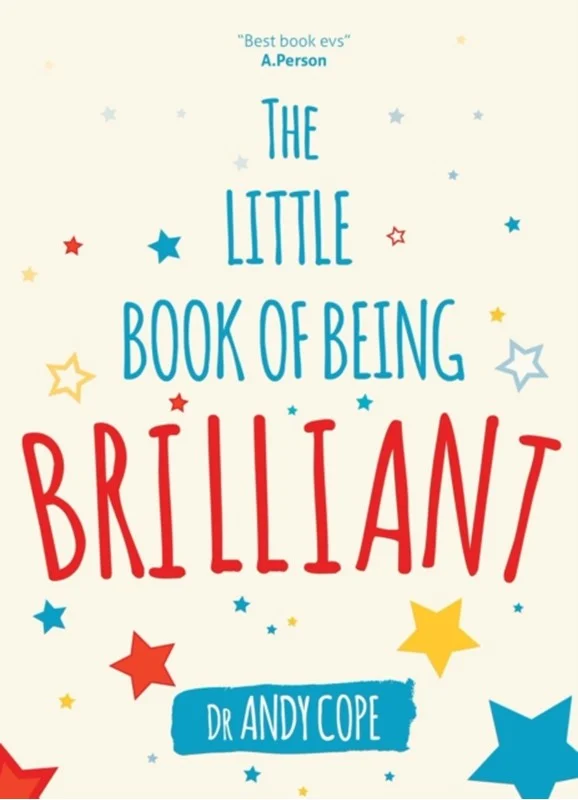Blackwell History of American Literature 1865-1914 - A Bendixen - Bog - John Wiley and Sons Ltd - Plusbog.dk
My major goal is to produce a history that is informed by recent scholarly understandings of American literature and culture, but remains accessible and engaging to an educated reading audience. Thus, the book will have to avoid the mere recitation of names, dates, and facts while still being rooted in the dense texture of history, particularly the history of dramatic change and social turmoil that marks this period. It will have to recognize the achievements of the major literary figures, especially Mark Twain and Henry James, without stooping to the level of literary hagiography or pretending that literary history can be merely the story of great men. The discussion of these figures will not occur in separate chapters but be integrated into the entire book. My goal is to place the work of these and other writers fully into the contexts of the time so that a reader can understand how the various phases of Henry James reflect and respond to the flux of cultural history. Thus, the syntax of James?s major phase needs to be tied to aesthetic movements (especially, the rise of impressionism), political developments (in particular, issues of class and gender), and an emerging science that will challenge moral and epistemological boundaries (reflected perhaps most notably in Freudian psychology). Mark Twain?s career also provides a kind of paradigm for American cultural experience during this period: he began his literary career with an editor named Bliss and ended with one named Paine. The movement from bliss to pain is part of what my narrative will be about. My over-riding aim, however, is to avoid over-simplification while still providing a meaningful guide to the period. This requires that I root the individual texts into multiple cultural contexts. Thus, Twain?s A Connecticut Yankee in King Arthur?s court is best understood when immersed in multiple generic frames, including the international novel (which usually contrasted American democracy and European values), the satire of romanticism in its contemporary form (Tennysonian medievalism), the historical novel (probably the most popular form of the time), and an emerging science fiction (which began to challenge faith in progress and technology). I hope to be able to provide both a lively narrative and a detailed analysis of culture and texts. The overall shape of this history will be marked by three stages: the rise of realism; its complex development into literary forms that struggle to grasp elusive social and psychological realities; and the emergence of naturalism as a literary movement that both extends and rejects the basic premises of realism and that will ultimately culminate in an emerging modernism. Such an overview may seem conventional, but the actual history will challenge some old-fashioned notions of the period. The section dealing with the rise of realism will emphasize the contributions of the New England women who first made regionalism an effective and sometimes powerful literary tool (Stowe, Davis, Phelps, Cooke) and whose best evocations of local life are imbued with the incipient feminism that will finally emerge in Jewett, Freeman, and Chopin. Feminist issues will be important in the discussion of both male and female writers - it is, of course, Henry James who insists throughout his long career that the secret nature of American life is intimately connected with the peculiarities of female identity in our culture. The treatment of local color will confront the sentimentality, nostalgia, and escapism that sometimes mask injustice and bigotry, but it will also explore how regionalism liberated some of the most significant writers of the period, empowering some women to raise troubling questions about the emptiness of domestic life and leading some men as well as some women to confront the contradictions between democratic ideals and American realities. Without lapsing into reductionism, the chapter on regionalism must outline the various traits that distinguish our various regional literatures, thus enabling the reader, for instance, to understand how literary comedy is radically different in the Northeast, South, Midwest, and West and how Mark Twain?s success stems partly from his ability to fuse various regional forms into what will be hailed as American humor. Thus, the text ends up confronting the competing pressures of regional and national impulses that continue to shape American culture. Throughout the history, I attempt to raise the basic contradictions and paradoxes that provide realism with its primary energy - this is the period that discovered the child as literary subject, but our most powerful exemplars, including both Huck Finn and Turn of the Screw are really about abused children and the nature of child abuse. The treatment of realism will need to deal with the form?s long-recognized concern with social issues and political reform, and I hope to give a fuller treatment of the period?s treatment of social class than















































